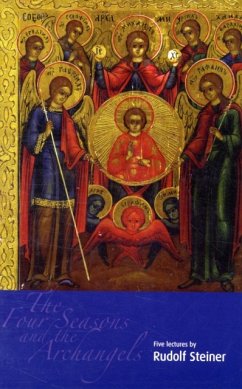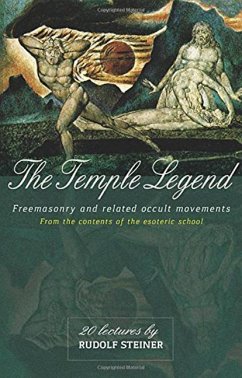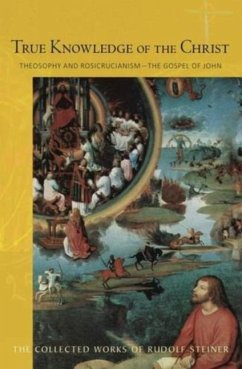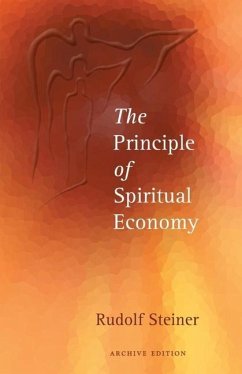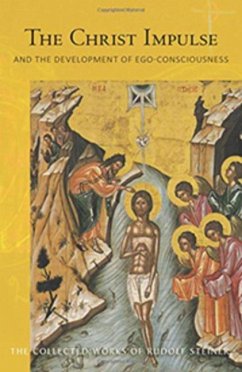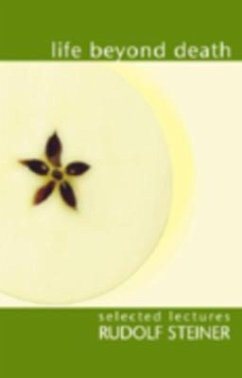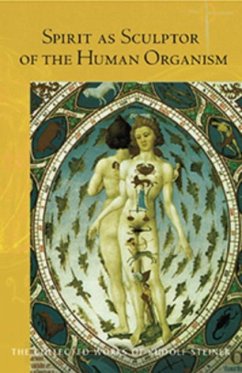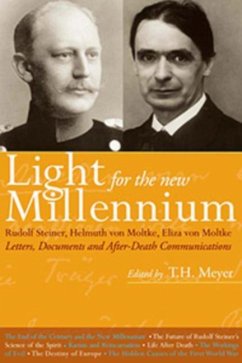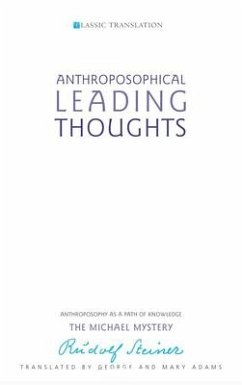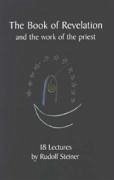
The Book of Revelation
And the Work of the Priest (Cw 346)
Übersetzer: Collis, Johanna

PAYBACK Punkte
11 °P sammeln!
John's Book of Revelation -- the Apocalypse -- has been subjected to countless interpretations by theologians over the years, mostly based on theory and speculation. In contrast, Rudolf Steiner spoke from his own direct experience and knowledge of the spiritual truths contained in St. Johns mysterious pictures. Although he had previously presented his insights tin the Book of Revelation a number of times, in 1924 Steiner ventured to give a completely new perspective -- in response to requests by priests of the Christian Community -- by relating the subject closely to the work of the modern pri...
John's Book of Revelation -- the Apocalypse -- has been subjected to countless interpretations by theologians over the years, mostly based on theory and speculation. In contrast, Rudolf Steiner spoke from his own direct experience and knowledge of the spiritual truths contained in St. Johns mysterious pictures. Although he had previously presented his insights tin the Book of Revelation a number of times, in 1924 Steiner ventured to give a completely new perspective -- in response to requests by priests of the Christian Community -- by relating the subject closely to the work of the modern priest. These priests felt the need to achieve a closer relationship with the Book of Revelation, he wrote later:





